March 9, 2025 | 16:35 GMT +7
March 9, 2025 | 16:35 GMT +7
Hotline: 0913.378.918
March 9, 2025 | 16:35 GMT +7
Hotline: 0913.378.918
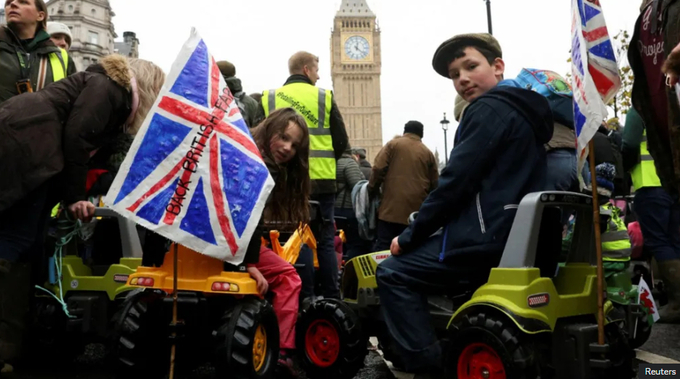
Thousands of people took to the streets in central London, many with their children in tow.
They illustrated the essence of the farmers’ argument: there is a deep-seated cultural expectation that they will pass on their farm to the next generation.
For many, it feels like a deep responsibility that stretches high into their family tree, and so the expectation falls upon them to ensure the very thing their forebears did for them they manage to as well – hand it down to their sons and daughters.
As a reporter, I love covering protests and marches at Westminster.
They are an essential megaphone in the never-ending conversation of our democracy.
I have been turning up at them with a microphone and camera for 20 years – to witness and scrutinise those making the most of their much-cherished right to come to London and – often – shout at the government.
I love them because people sufficiently passionate about their cause to trek to the capital and then make a public, almost certainly contentious, argument often deserve to be listened to and should be vigorously questioned too.
And, for me, those conversations offer an insight into not just what those protesting think, but why they think it.
This gathering of farmers left me with three thoughts:
Firstly, as we have already explored, there is the huge power of the cultural expectation of handing on a farm to the next generation.
It is not just a business, but an identity, a belonging, a geographical rootedness – and the prospect of not being able to pass it on generates huge anger and emotion.
That is a big part of the explanation for why this argument has got so noisy, so quickly.
Secondly, contested notions of fairness are so often central to the most contentious political arguments, and this one is no different.
The government argues existing inheritance tax isn’t fair or sustainable – as everyone else sufficiently well off to pay it is charged 40% and farmers are charged nothing.
Ministers also argue the exemptions have tempted rich folk to buy up farm land – pushing up its value – primarily to avoid inheritance tax.
And, as they are at pains to point out over and over again, they insist the vast majority of family farms will be unaffected and those that are will be charged 20%, half the rate charged to anyone else caught within its grasp.
Plus, they say, schools and hospitals desperately need more money.
Others say the farmers are a noisy, well-organised lobby group seeking to shield their often considerable wealth and perpetuate a privilege to the exclusion of others.
And all this brings us to the third big question here: what does it mean to be rich?
Talking to farmers, very quickly our conversation would often involve very big numbers - talk of assets running into a few million pounds.
These are huge figures that point to considerable wealth and yet the farmers insist, for two reasons, they are not rich.
Their annual income is often modest, they point out - and they don’t value their farm in numerical terms, but in emotional ones. The prospect of selling it horrifies them; handing it on is what they seek to do.
The farmers insist they are determined to press on with their campaign.
Ministers insist they are determined to press on with their plans for change.
You may choose to sympathise with the farmers’ arguments or not – or the government’s arguments, or not – but the protests offer an insight into what contributes to the view of many of the farmers, and why them backing down doesn’t seem likely any time soon.
(BBC)
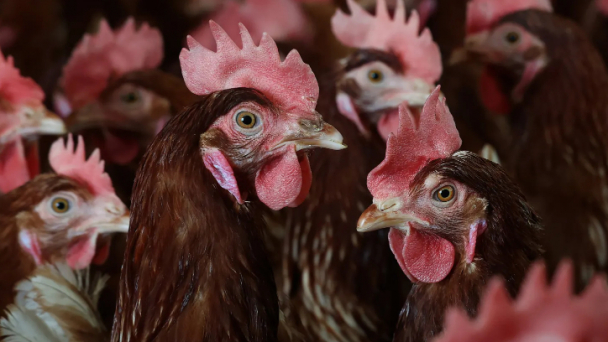
(VAN) Shoppers used to picking up the cheapest eggs at the grocery store may now be reaching for higher-end cartons.
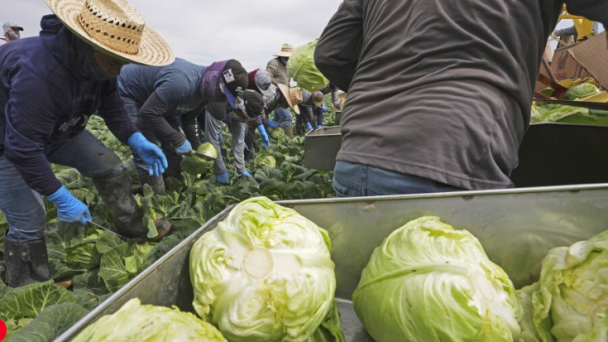
(VAN) Corn and soybean prices for this year’s harvest already fell roughly 10% since the tariffs were first announced a couple of weeks ago.

(VAN) There’s nothing inherently unsafe about genetically modified foods. It’s the potential herbicide exposure that should give you pause.
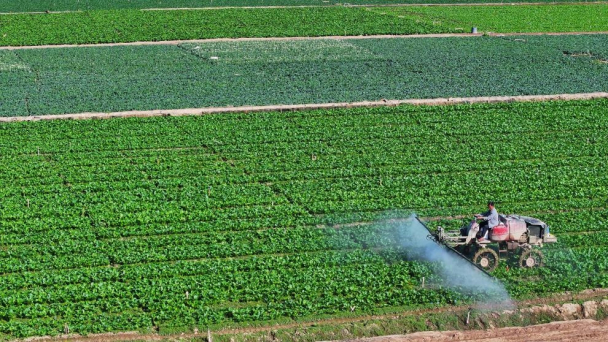
(VAN) China will focus on increasing per-unit yields of grain by expanding projects aimed at improving these yields and intensifying the promotion of high-yield and efficient production models.
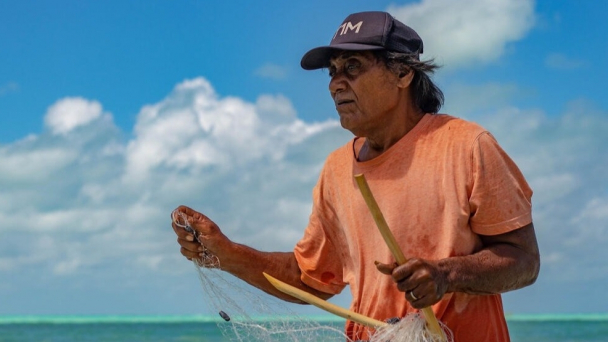
(VAN) Results from Pacific fishing areas are presented at Honiara Summit in Solomon Islands.
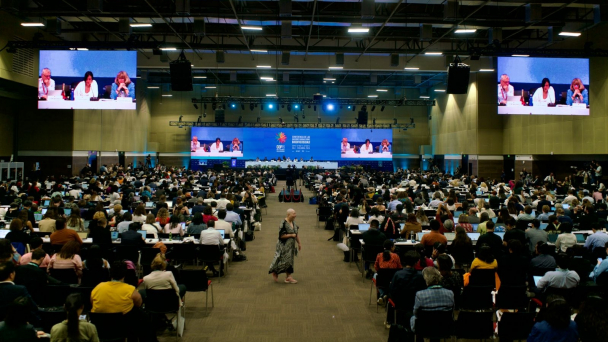
(VAN) Interview with Kaveh Zahedi, Director of the FAO Office of Climate, Biodiversity and Environment.
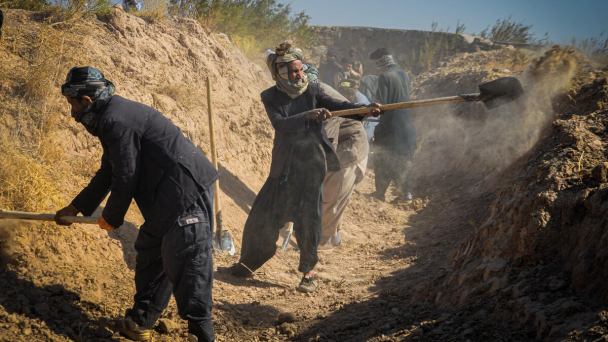
(VAN) The funding will support 14 critical projects across Africa, Asia, Europe, and the Middle East.